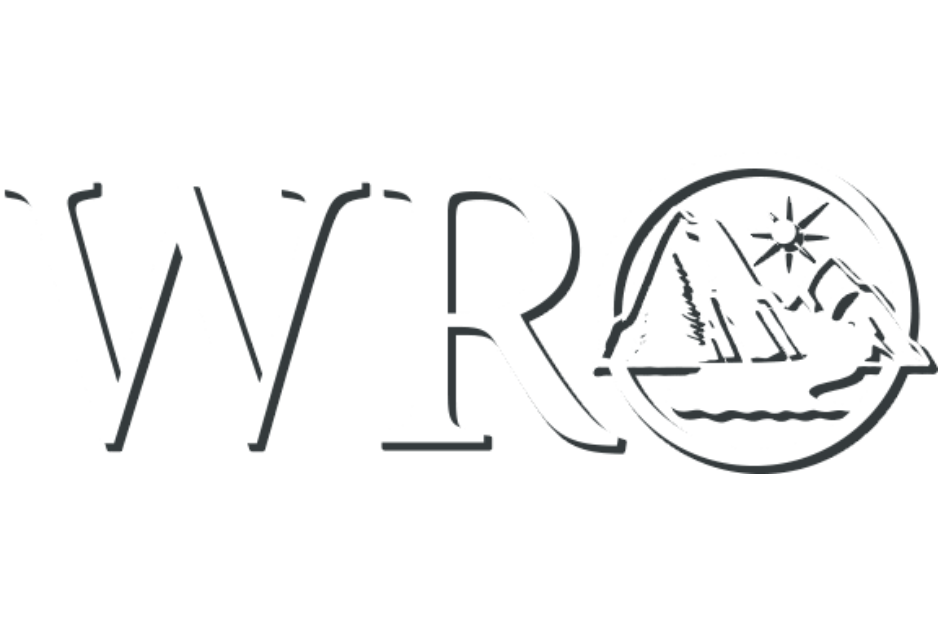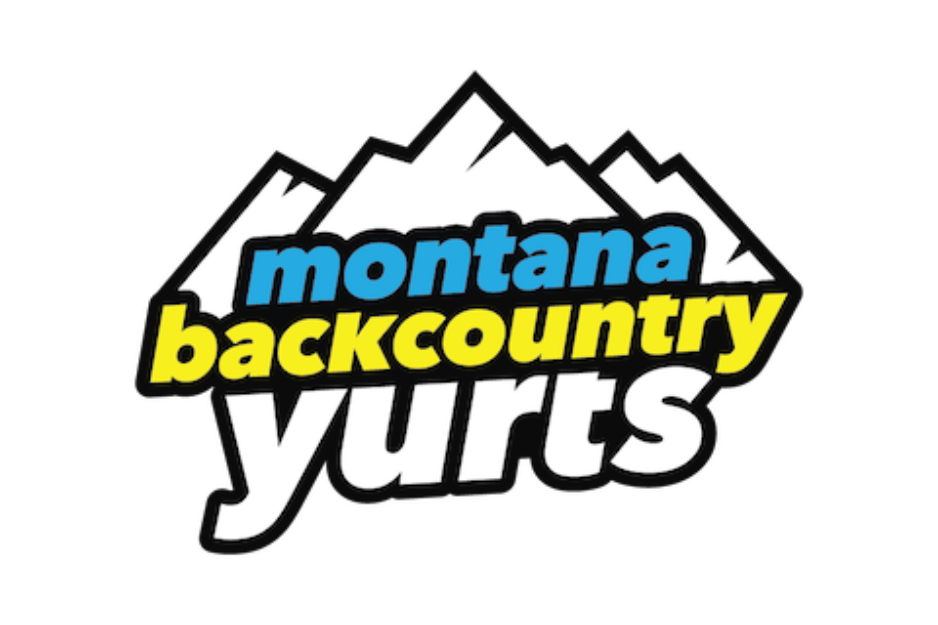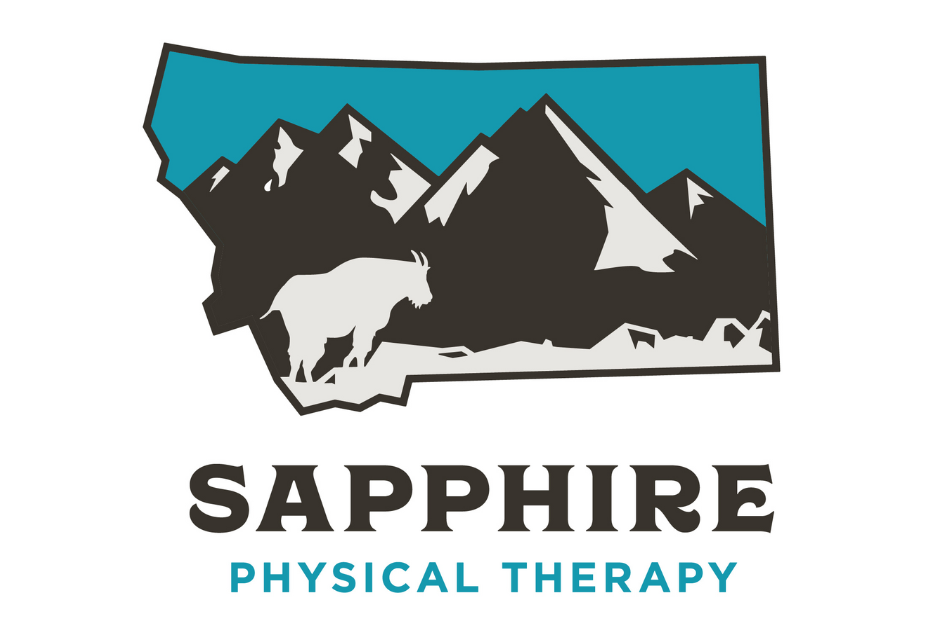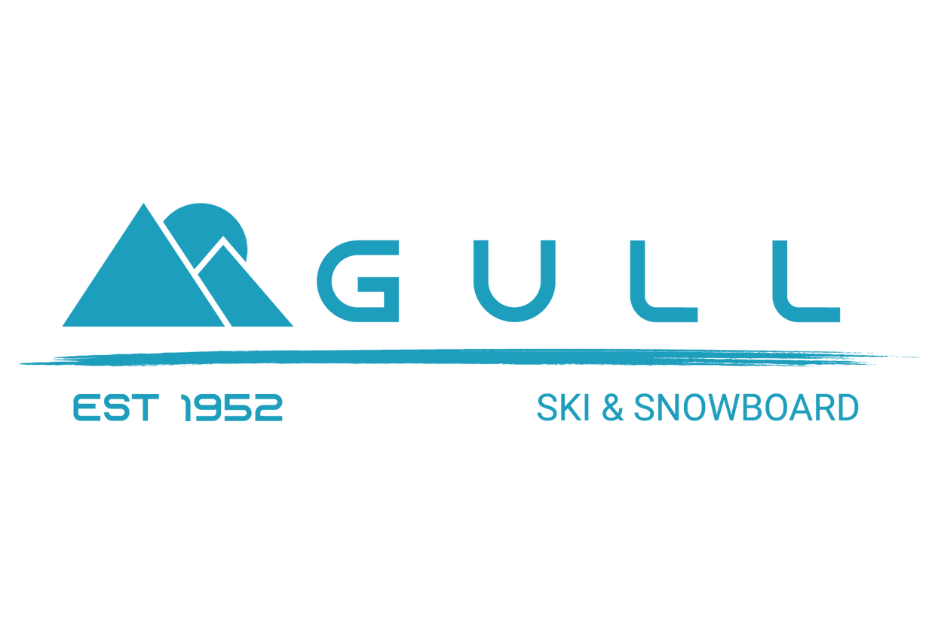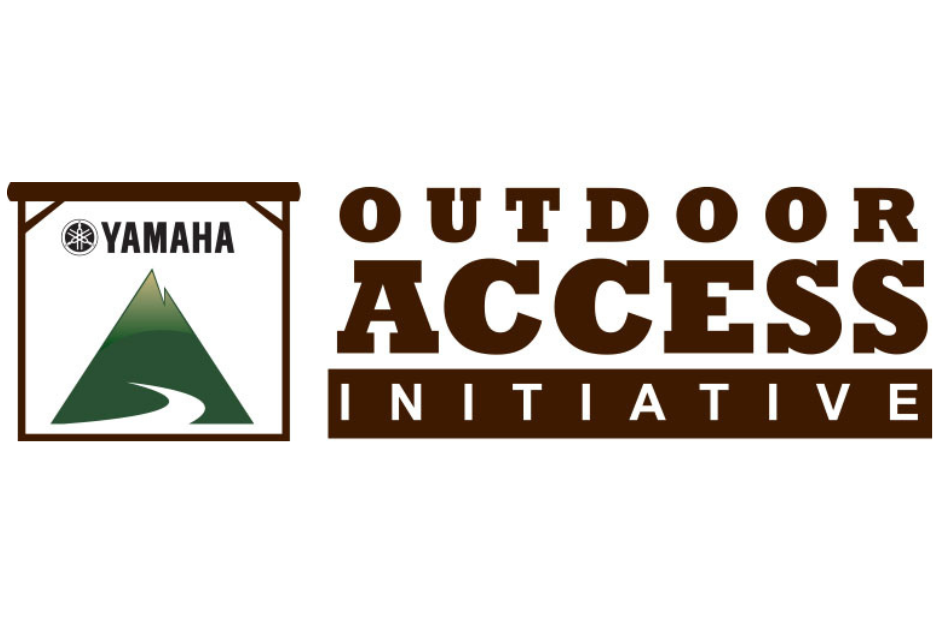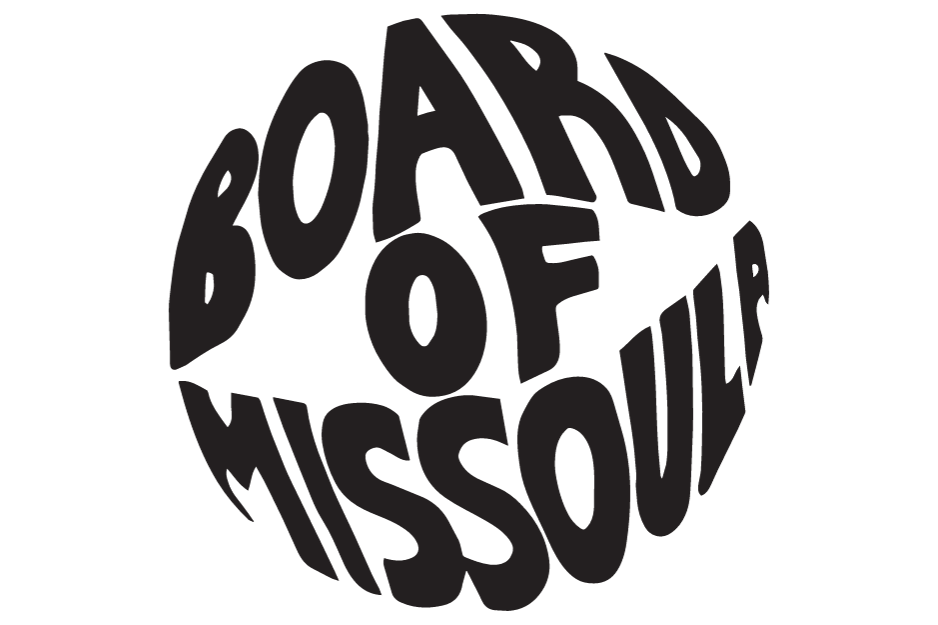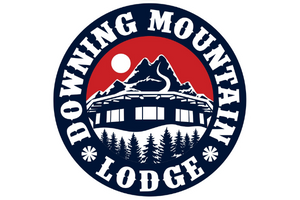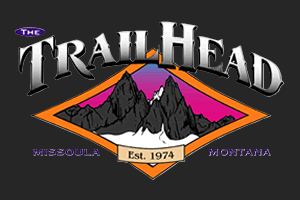March 18, 2011 Avalanche Advisory
On terrain above 5000 feet, the avalanche danger is MODERATE. Heightened avalanche conditions exist on recently wind-loaded terrain steeper than 35 degrees. Natural avalanches are unlikely and human-triggered avalanches are still possible. Under these conditions it is important to identify where these areas exist and travel accordingly. Small to moderate size avalanches can easily be triggered on steep wind-loaded terrain.
Below 5000 feet the avalanche danger is LOW. Natural and human-triggered avalanches are unlikely. Watch for unstable snow on isolated terrain features.Good morning backcountry skiers and riders! This is Steve Karkanen at the West Central Montana Avalanche Center with backcountry avalanche safety information for Friday, March 18, 2011.
Weather and Snowpack Analysis
Most mountain locations received a few inches of new snow this week with the southern Bitterroot picking up 12-14 inches and the northern mountains west and north of Missoula 4-5 inches.
Temperatures and wind speeds have been moderate and the snowpack continues to settle with short blasts of precipitation added every few days.
All observers report stable conditions with recently wind-loaded terrain having the most potential for human-triggered slab avalanches. The new snow does sluff easily off 40 degree slopes but does not yet display slab characteristics. Areas that received deeper snow that are more exposed to the wind may have formed dangerous slabs so it will be important to identify these pockets while traveling.
A sun-crust formed last weekend and is a prominent feature in the upper snowpack. The new snow is bonding to this crust in most places but worth checking out where the snow is deeper.
We received a report of an avalanche triggered by ski-cutting on Gash Peak earlier this week. It ran on a hard bed surface about 8 inches deep.
Weather Forecast and Avalanche Outlook
Isolated afternoon snow showers will decrease Friday evening then a strong short-wave is forecast to move through the northern Rockies Saturday producing widespread snow showers and the possibility of lightning. Precipitation is expected to be heavier with this system and could result in quick bursts of accumulating snowfall totaling several inches by Sunday morning.
Depending on the amount of new snow and wind, the avalanche danger may increase over the next 24-48 hours.
If you get out and see any avalanche activity or see something you think is important to pass along, send us a quick note at [email protected] or fill out the form on our public observations page. The information you send is valuable to us and could keep someone from getting hurt.
I will issue the next advisory Monday, March 21, 2011.
